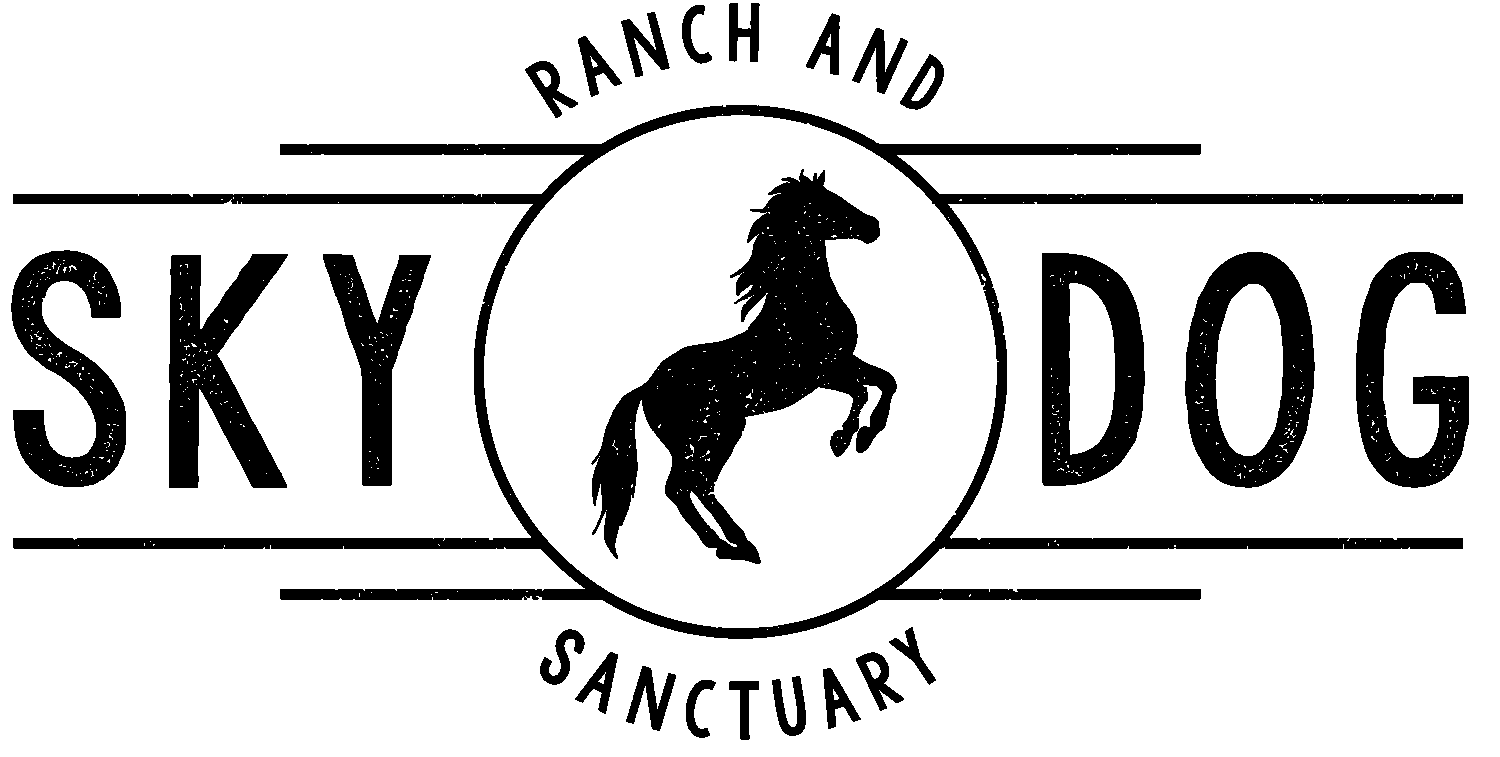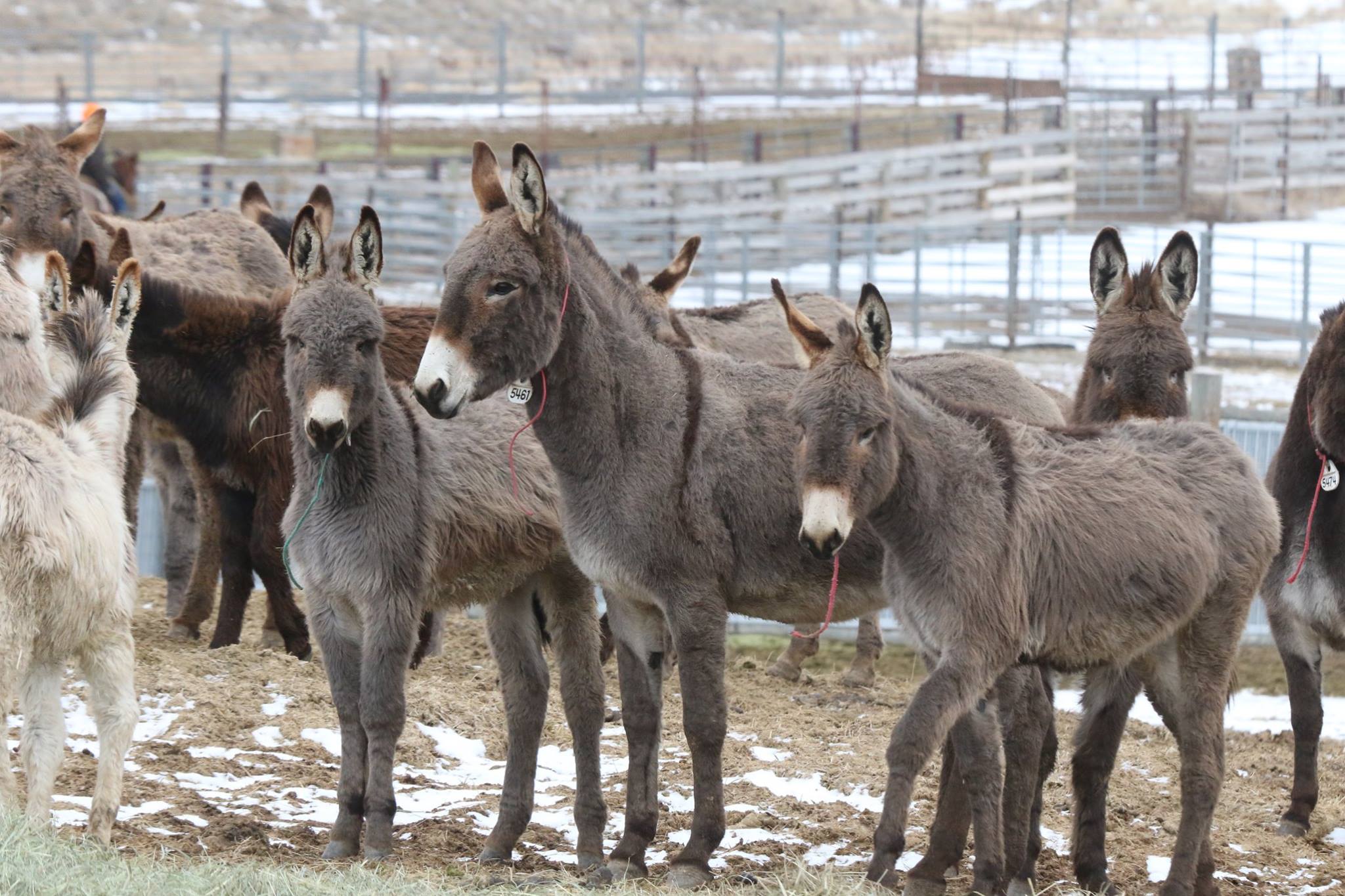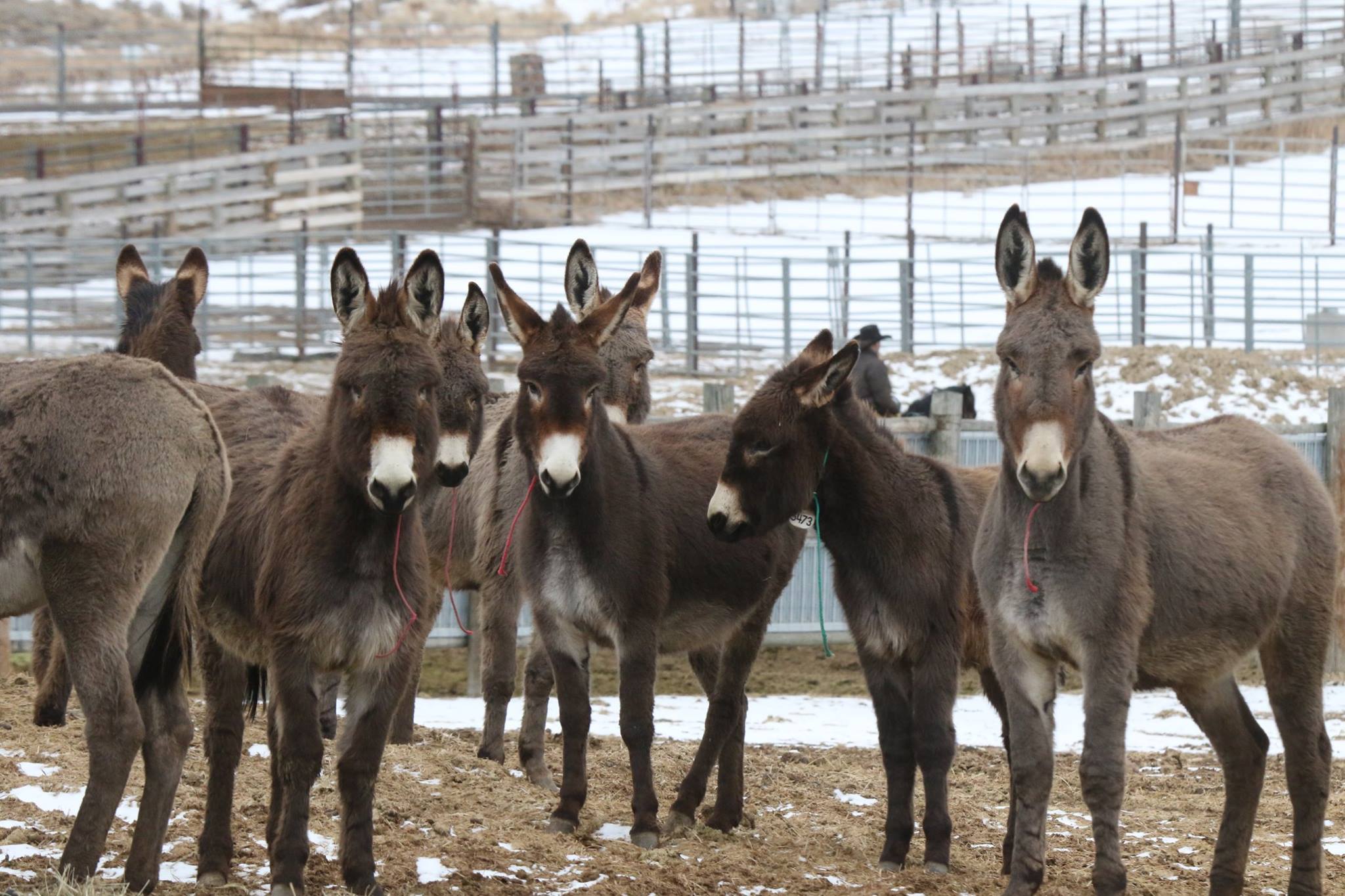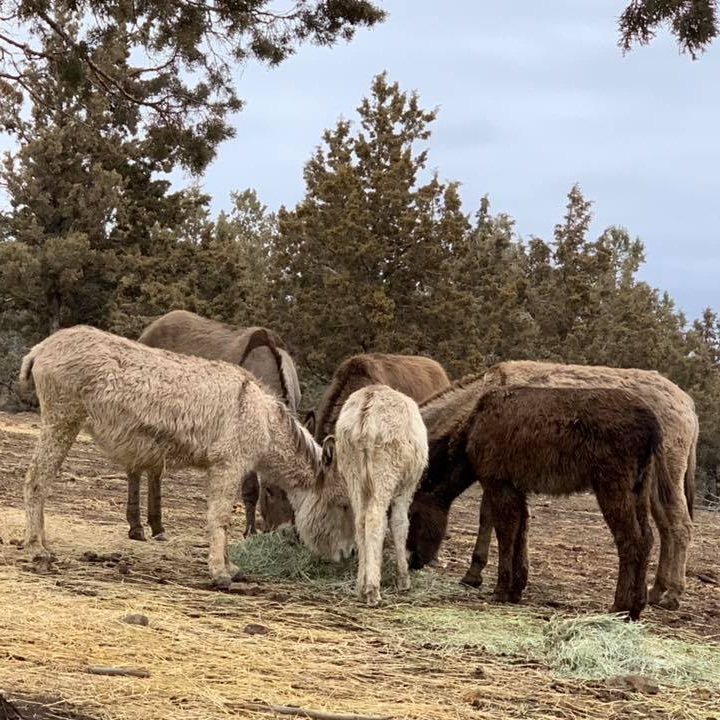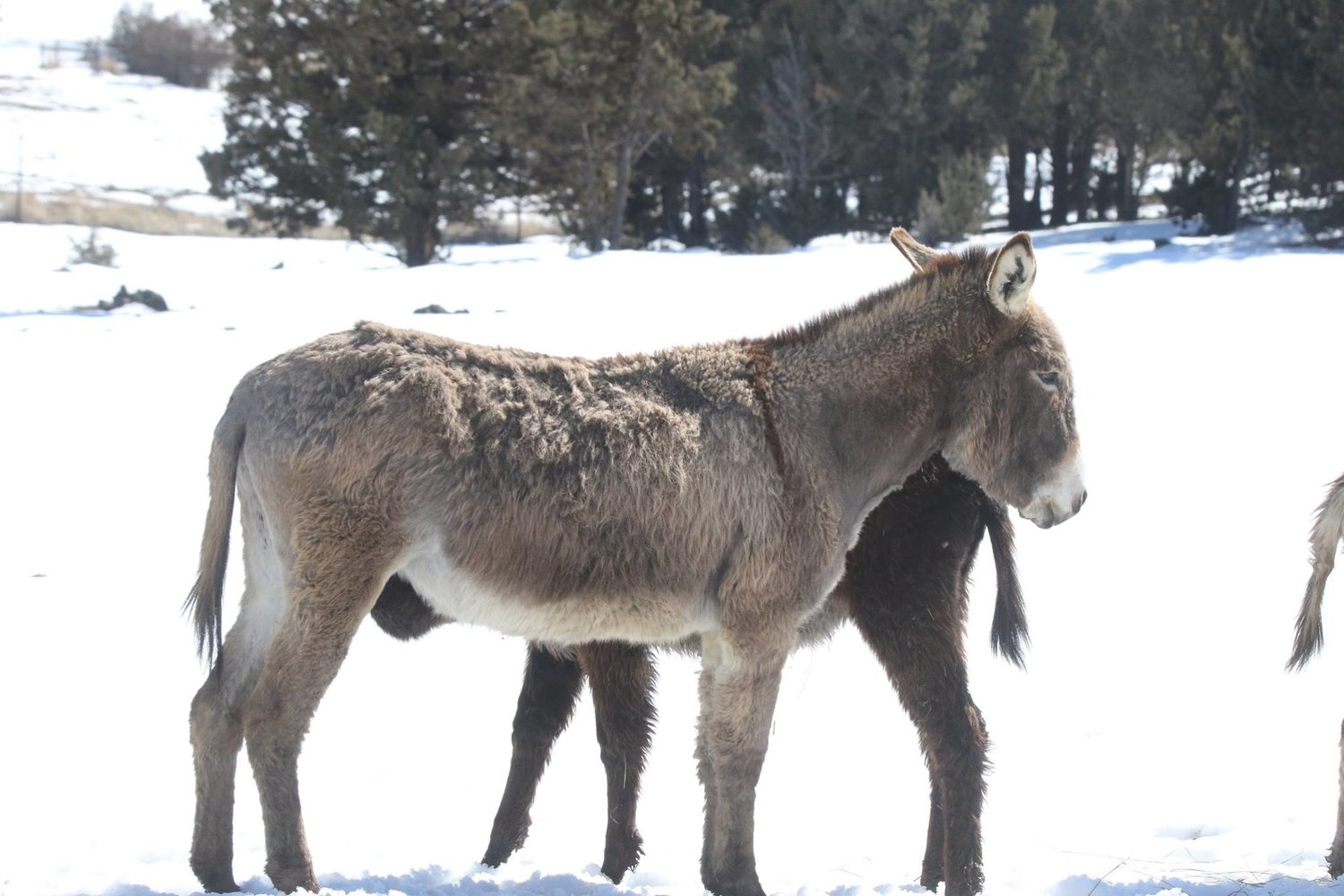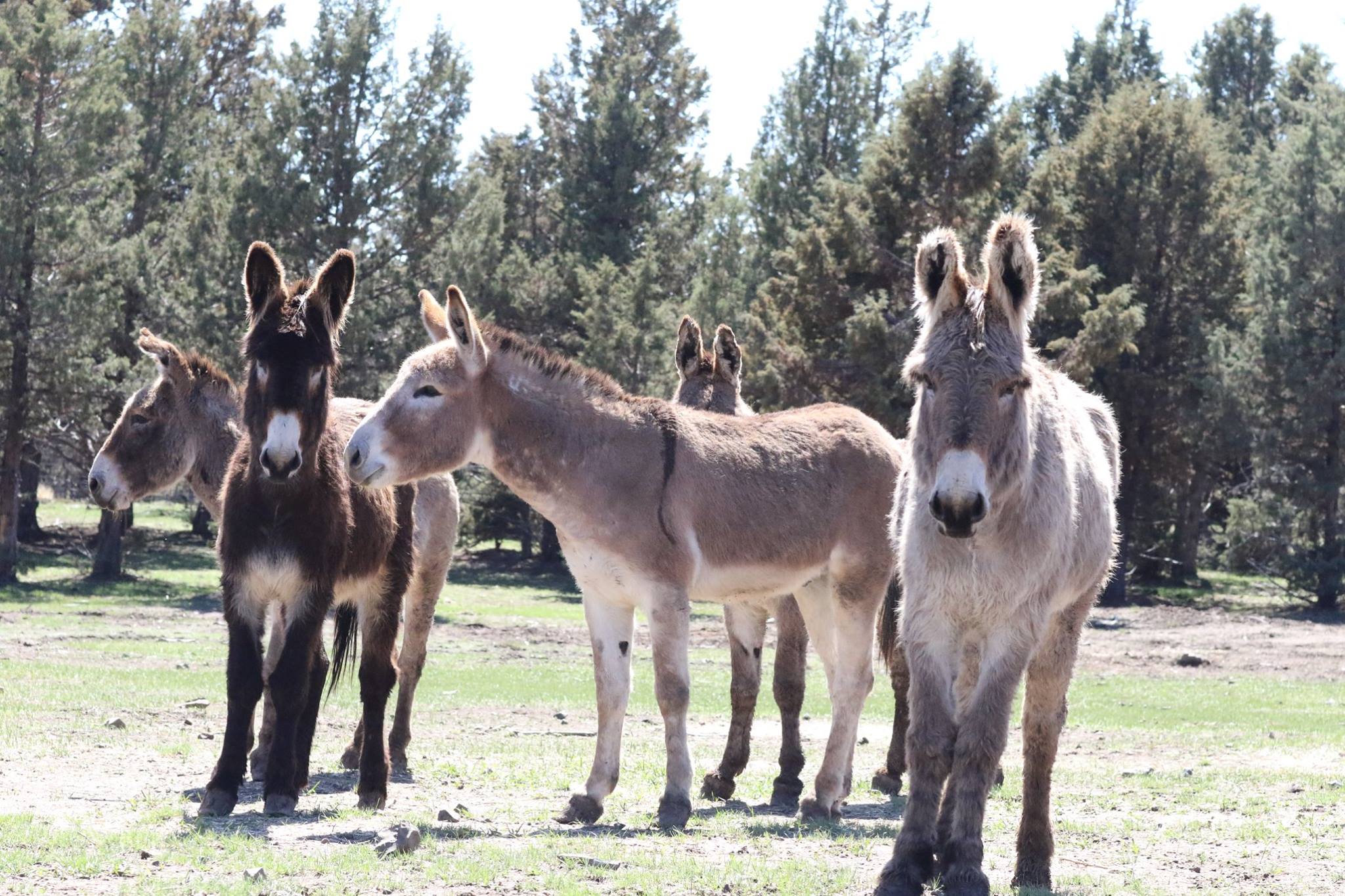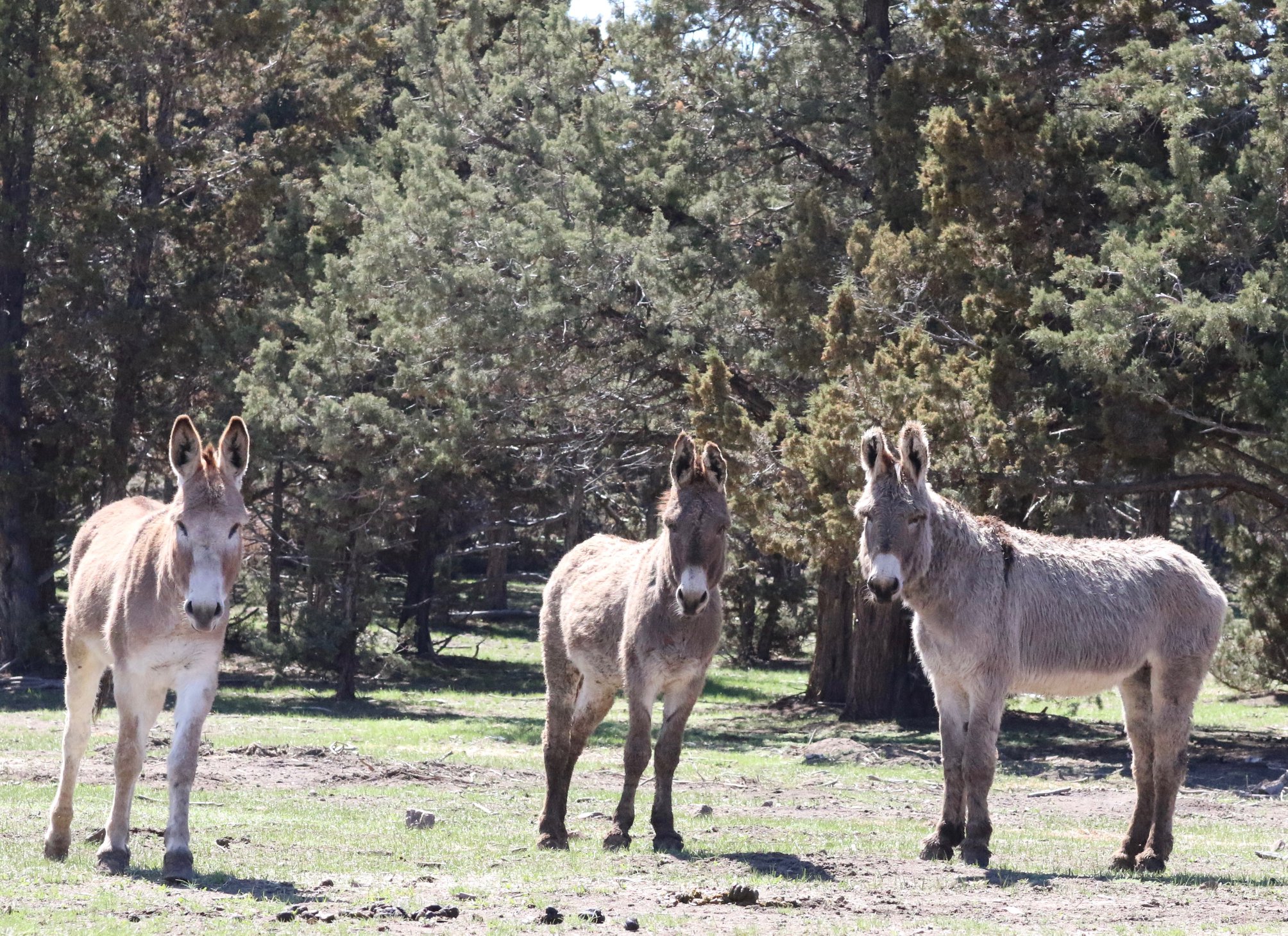Warm Springs Burros
Oregon’s Last Wild Donkey Herd
One of the most exciting and ambitious projects we ever took on was to save the only herd of wild donkeys in the state of Oregon.
When the Warm Springs herd of mustangs was rounded up, we spent quite a bit of time at the corrals. The BLM asked us to take some injured and orphaned foals, so we were there during the roundup. On one of those visits, I saw a few donkeys come in and they were being unloaded in the pens. I actually didn't know there were burros in Oregon and it started me down the most incredible journey.
I happened to look at the BLM numbers for wild horse and donkey herds in Oregon as I was writing posts about the horses. The number listed by the BLM for donkeys in 2018 was 49 and I saw that the final number of donkeys rounded up in the fall was 41. I was amazed and saddened that so many of the only remaining donkeys in the state had been removed and that there was no intention of turning any back out. If these were any other animals like mountain lions or bobcats they would be managed to build up the numbers, not removed in this way. According to equine geneticist Gus Cothran of Texas A & M College of Veterinary Medicine, a herd needs 150-200 wild horses or burros to maintain genetic viability. THE BLM should be taking this into account when considering the Appropriate Management Level (AML). AML for this donkey herd was randomly determined with no scientific basis. Donkeys were being managed at the low AML of 25 and wild horses at 96.
Looking at the herd of burros, it appeared as though there was a degree of in-breeding. I am not a geneticist, but the experts I have spoken to seem to agree. Many of these burros don't have tails. Lots of them have short stumpy ears, or one ear shorter than the other. Many share the same double line on their back from their dorsal stripe which is also unusual.
These burros are nothing less than amazing. For desert animals to have adapted to thrive up here in the cold winters is remarkable. These guys deserve a medal, not having their freedom and families taken away. I believe they should be studied and observed to learn more about them.
So then began a quest on our part to fight for these remarkable donkeys to be put back out on the land they were born on. This HMA is huge. It would equate to 1 burro per 17,000 acres at the current numbers, this land can obviously support them. They are extraordinary animals that drink less water than horses and can go longer periods without water. I couldn't see a good reason for them to be removed and thought others would agree. I took a meeting with the person in charge to present all the arguments I could for releasing some back on the range. Sadly the answer was no. It broke my heart that nobody in the bureau mandated to protect these donkeys failed to see their value, beauty, resilience, majesty, and sweetness.
In documentation required by the National Environmental Policy Act (NEPA), the BLM stated an aerial count would be conducted in the spring to confirm that there were, as the BLM claimed, still 30 donkeys out there. All the boys were being gelded, however, so if there were not any left on the range, it would be too late.
Knowing that the last wild donkey herd in Oregon was not going to be released; that the BLM was processing them for adoption, splitting them up, separating families to meet uncertain futures, Skydog offered to take the whole herd, all 41 donkeys. We wanted to keep them together, study and preserve them, but I was told I had to go through the adoption process like everyone else. We did our best. Staff at the corrals went out of their way to work with us, which was incredibly much appreciated. We couldn't have done this without their help and a lot of paperwork.
We were lucky enough to have had some beautiful photographs taken at Warm Springs last summer. Steve Paige from American Wild Horse Conservation (@freewildhorses) kindly let us use some of the photos he took at the roundup to help us identify them. (Burros don't do well at roundups. Unlike horses, they don't run when chased by the helicopters, so they can't be steered into traps. Because of that, they are roped, which is unfortunate.) These photos were vital in helping us match groups and families. We also spent a lot of time at the corrals looking at bonded pairs, mothers who seemed particularly attached to their babies, as well as choosing donkeys who seemed genetically unique and special.
And so operation "Save the Warm Springs Burros" was launched. We traveled to the corrals to pick up ten of the donkeys. Three mamas with their babies still at their sides. Four handsome boys who had already been gelded, but were older and less likely to be adopted. We also offered to take any donkeys who weren’t adopted so they could be part of the study, too - we were able to reunite Eeyore with his friends after his adoption fell through. We would still love to take them. For anyone who adopted one and wants to re-home them, they are forever welcome at Skydog.
This was a unique mission for us. We see it as less of a rescue than a preservation project and a field study in wild donkeys. We have been speaking to some incredible organizations, who are very interested in studying their behaviors in the wild: familial ties, herd dynamics, how far they travel each day, forage and water habits. I am beyond happy to have our Warm Springs donkey herd - families reunited, bonded friends together, babies and mamas. We will probably have more babies in the spring when the pregnant Jennies foal.
As with many things, it isn't the end result we had prayed for, but it is the next best thing.
American Mustangs and Burros Need Your Help
In addition to supporting our work by donating, becoming a patron on Patreon, or sponsoring a Skydog, there are several important pieces of legislation to protect American equines currently moving through Congress. It only takes a few minutes to contact your Rep and Senators and urge them to support these bills:
Save America’s Forgotten Equines (SAFE) Act of 2025 (H.R.1661 in the House and S.775 in the Senate). This bill would amend the Agriculture Improvement Act of 2018, commonly known as the “Farm Bill”. There are several important provisions for animals in that omnibus federal law, including the Cat and Dog Meat Trade Prohibition Act. It is currently illegal to slaughter, transport, possess, purchase, sell, or donate dogs and cats, or their parts, for human consumption. The SAFE Act would extend the ban to equines and shut down the slaughter pipeline that sends some 20,000 American horses and donkeys to savagely monstrous deaths in foreign slaughterhouses every year.
You can Contact Members of Congress by calling the Capitol Switchboard (202) 224-3121, submitting contact forms on their individual websites, or sending one email to all three simultaneously at www.democracy.io
See our How to Help menu for other actions to ban zebra hunting at US canned hunt ranches and stop production of Premarin & other PMU drugs.
Bills from the previous 118th Congress that we hope will be introduced again this year:
The Wild Horse & Burro Protection Act of 2023 (H. R. 3656) This bill will prohibit the use of helicopters or fixed-wing aircraft in the management of wild mustangs and burros on public lands, and require a report on humane alternatives to current management practices.
Ejiao Act of 2023 (H.R. 6021). To ban the sale or transportation of ejiao, a gelatin made from boiling donkey skins, or products containing ejiao in interstate or foreign commerce, which brutally kills millions of donkeys primarily for beauty products and Chinese medicine.
